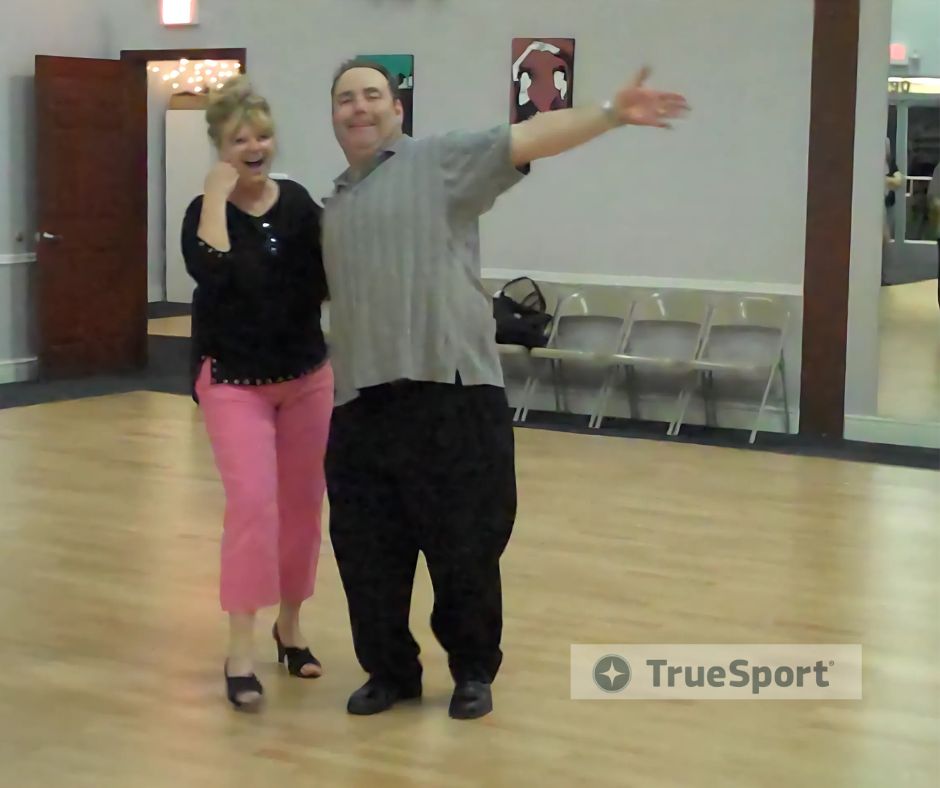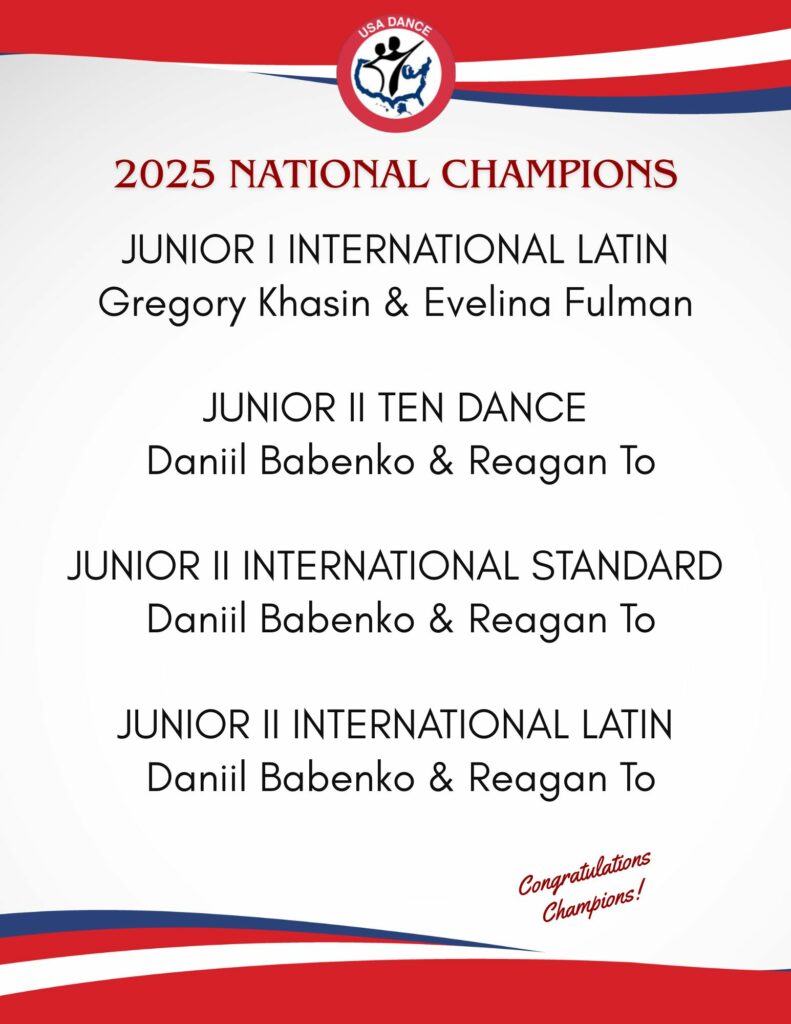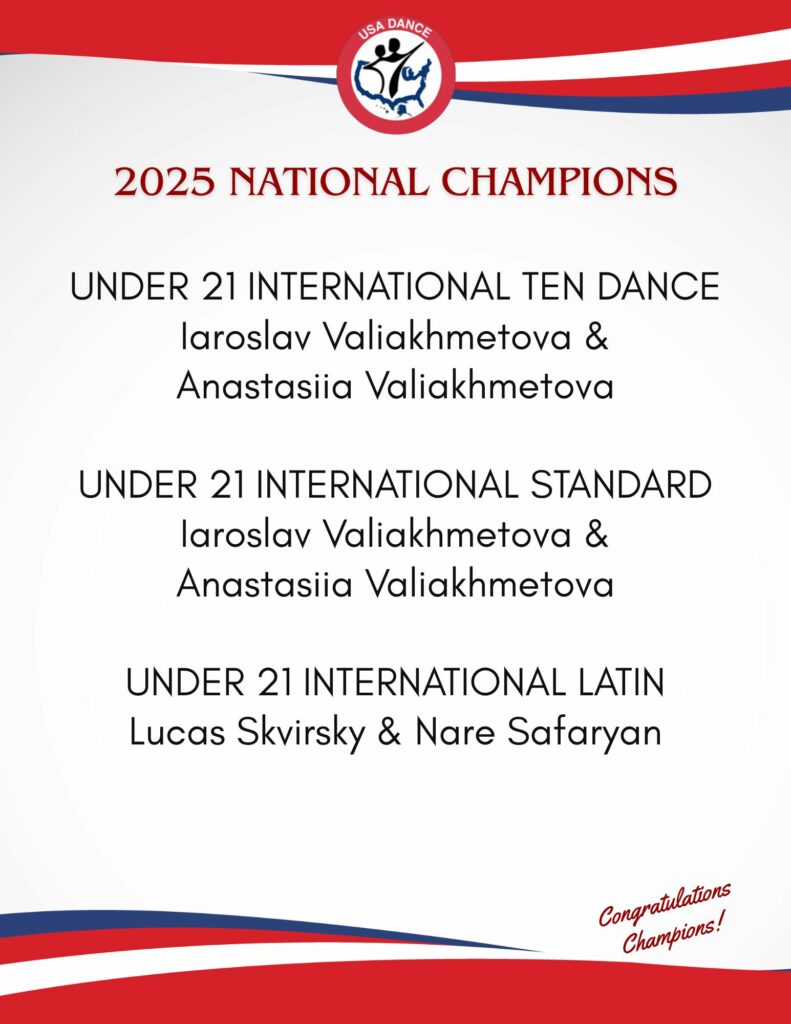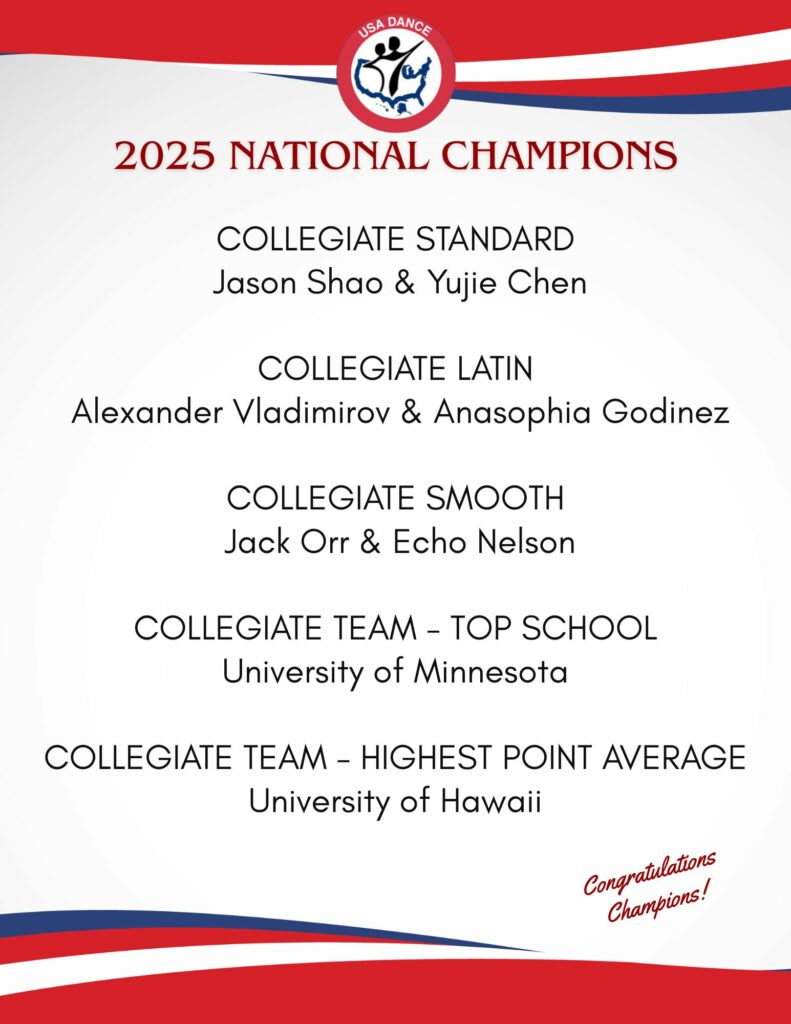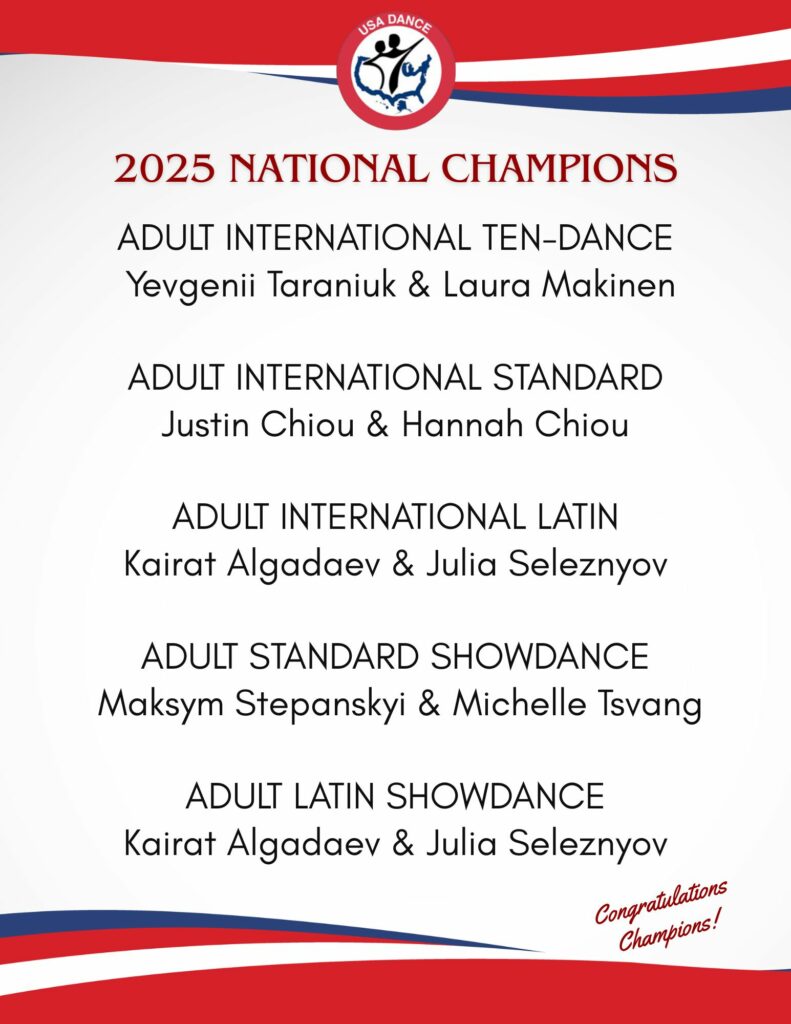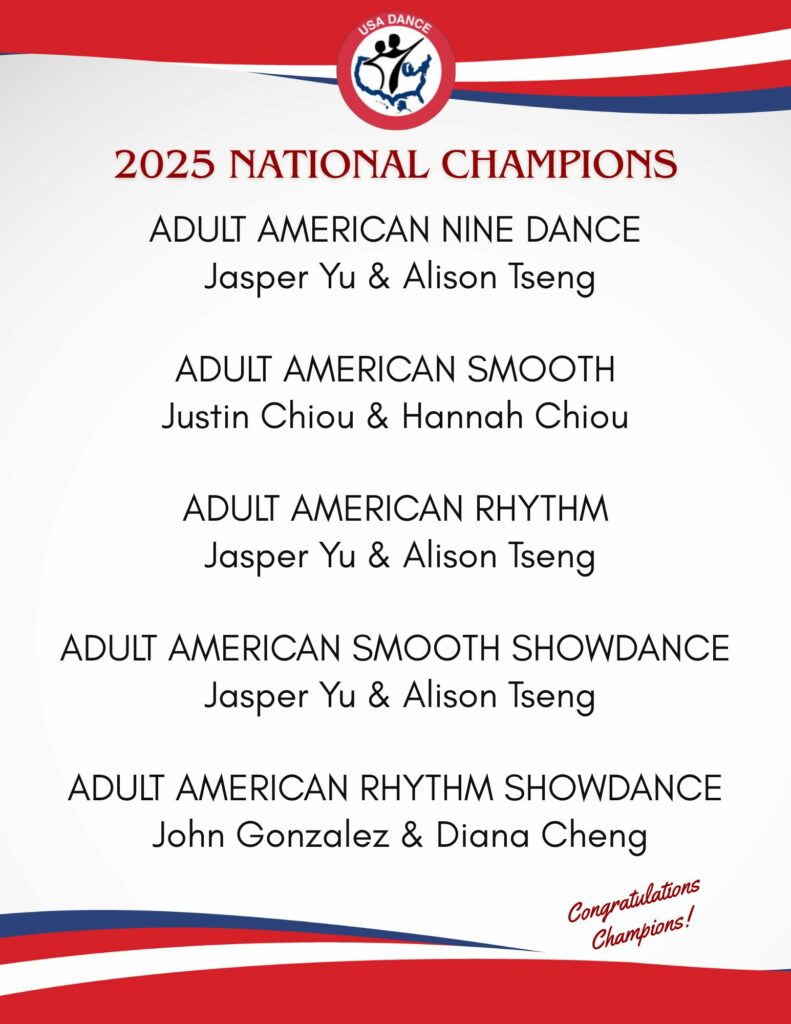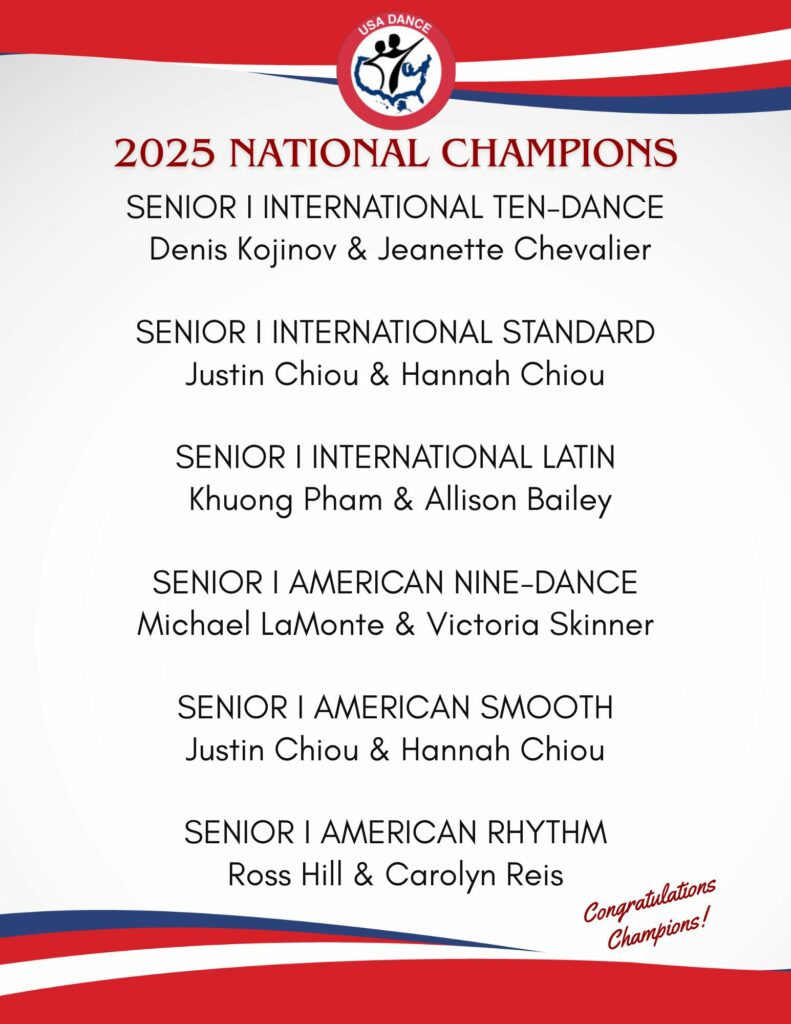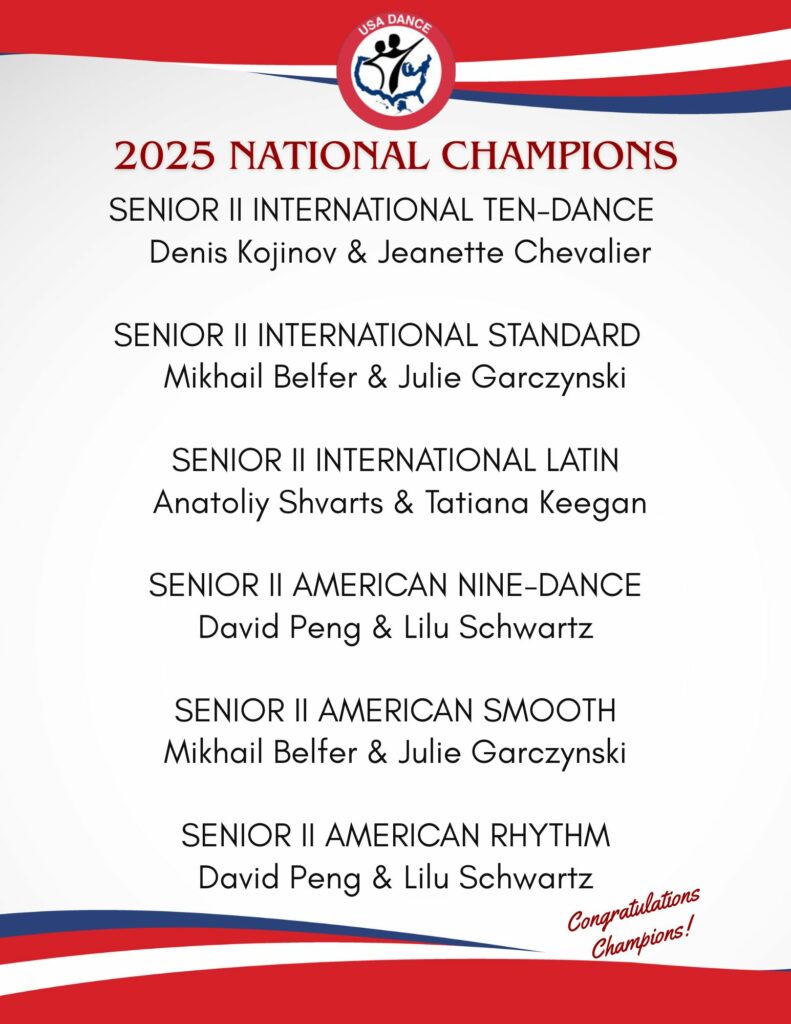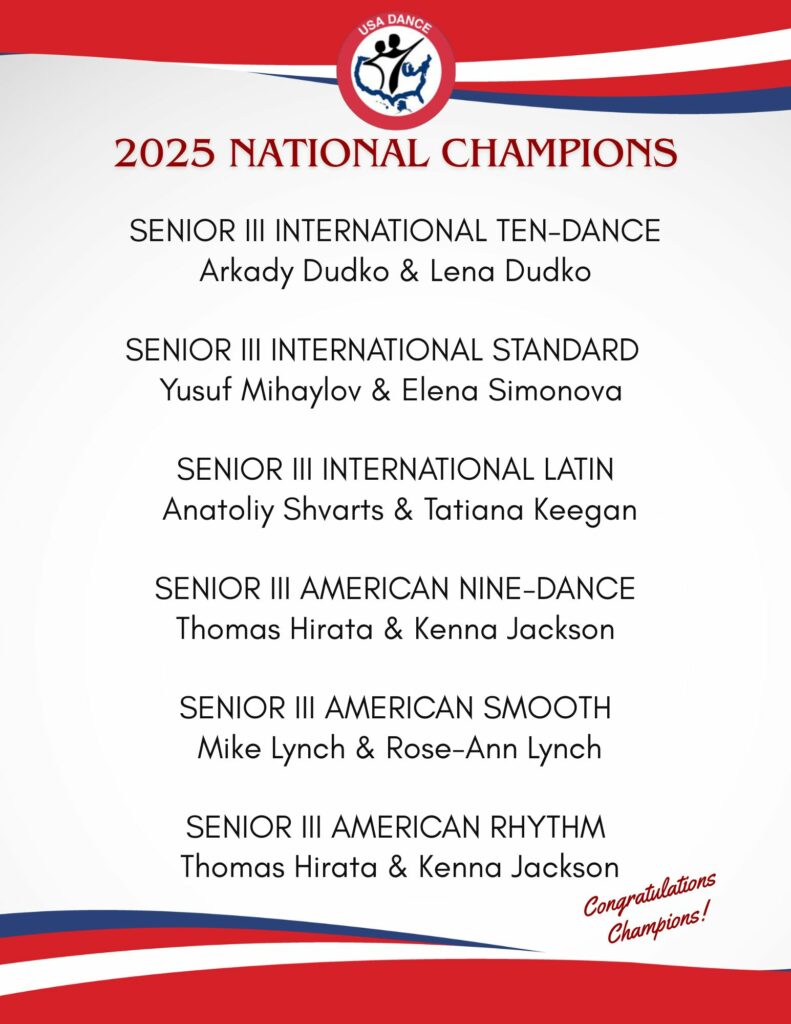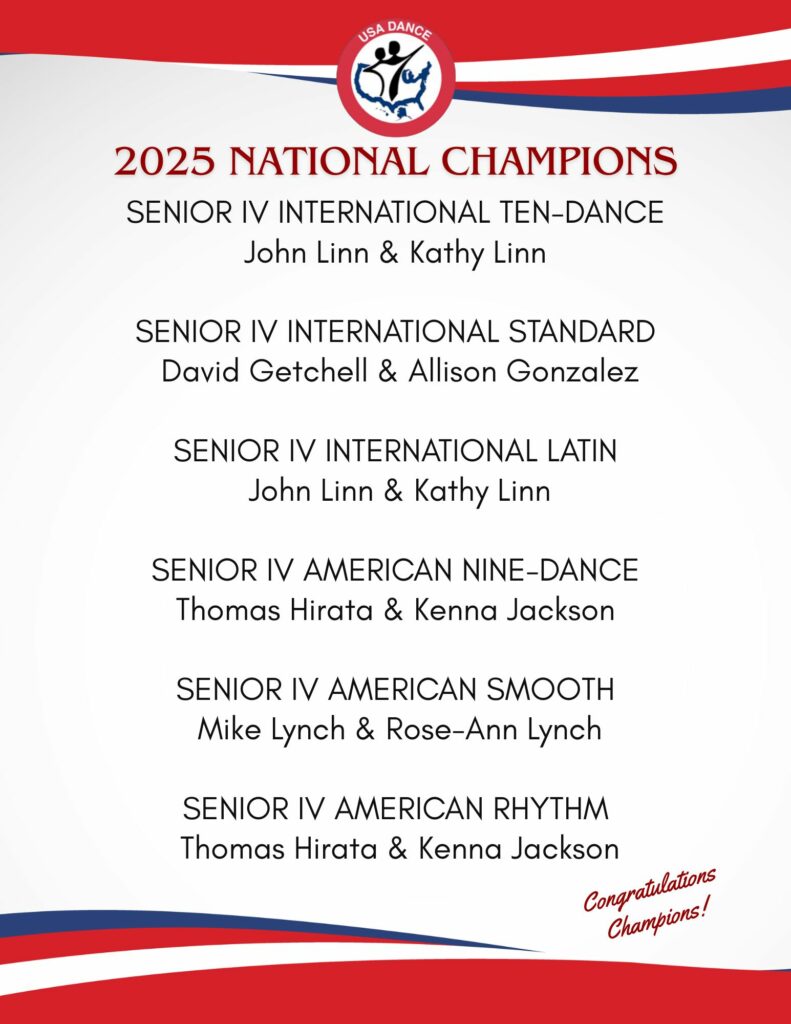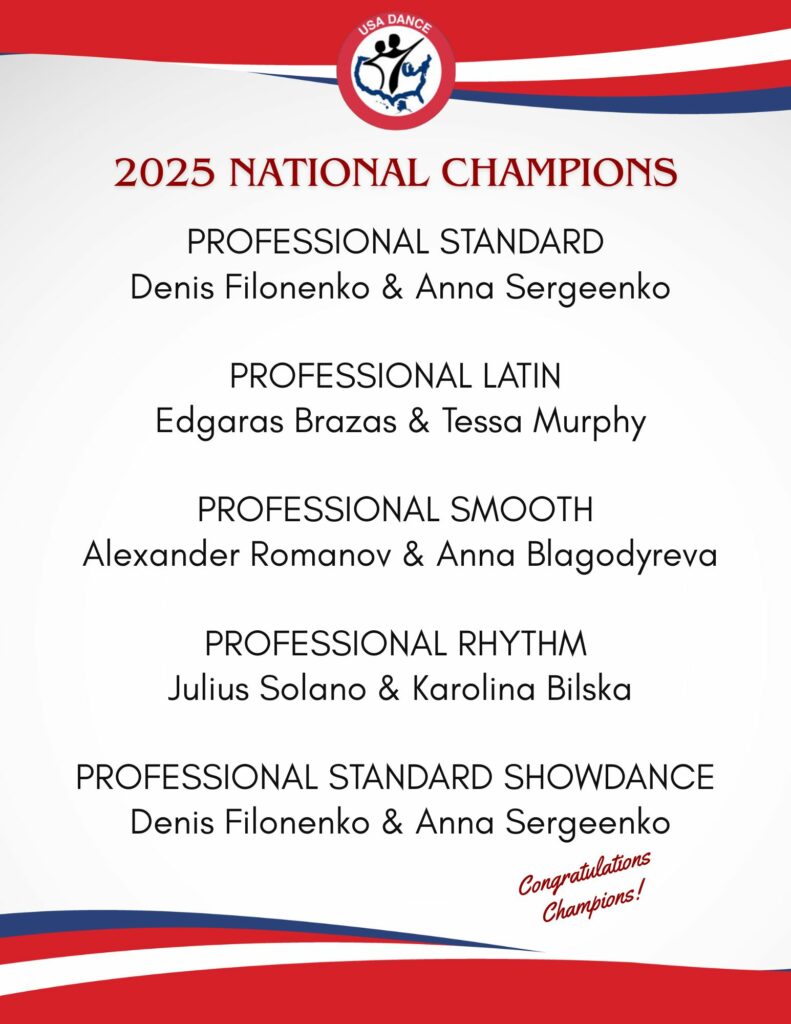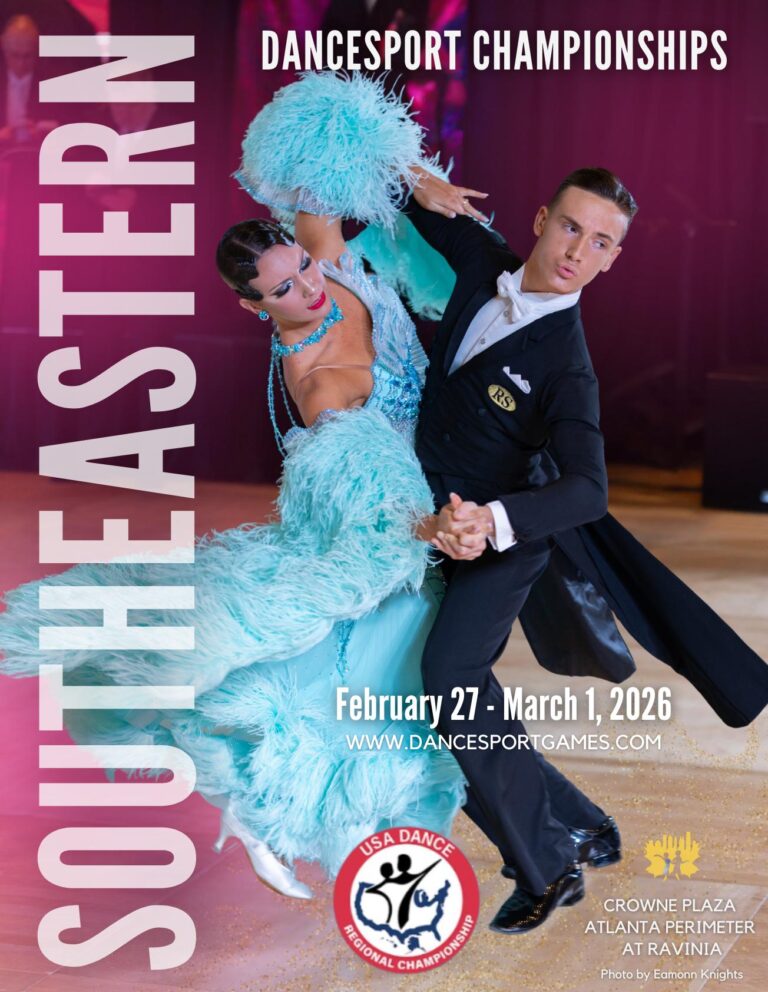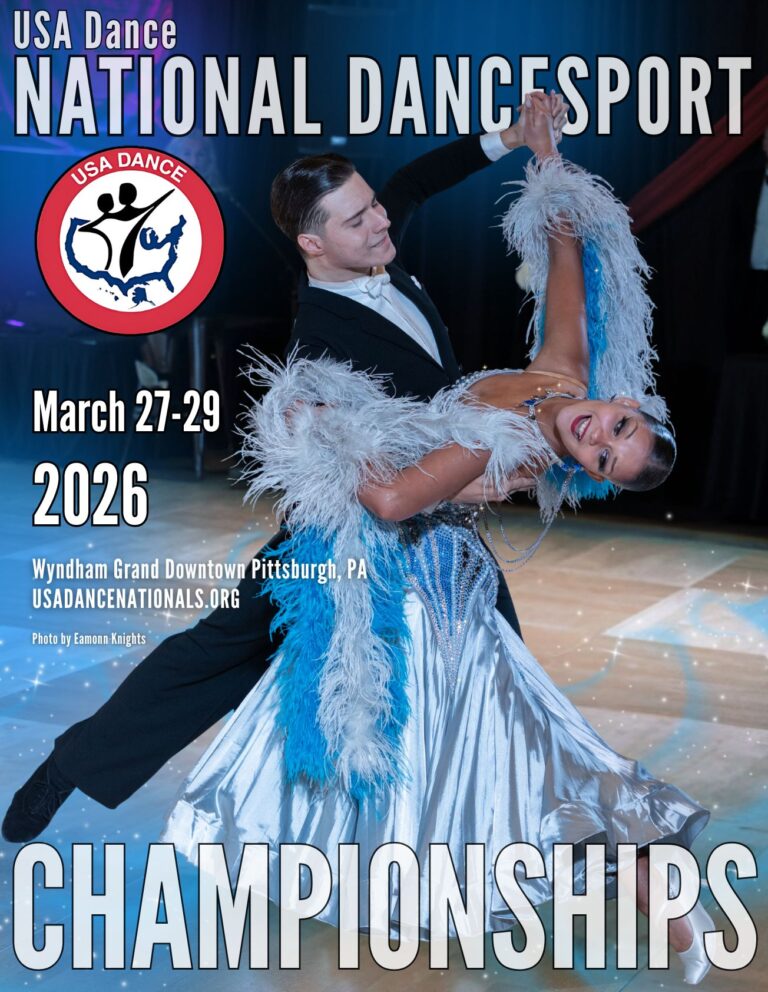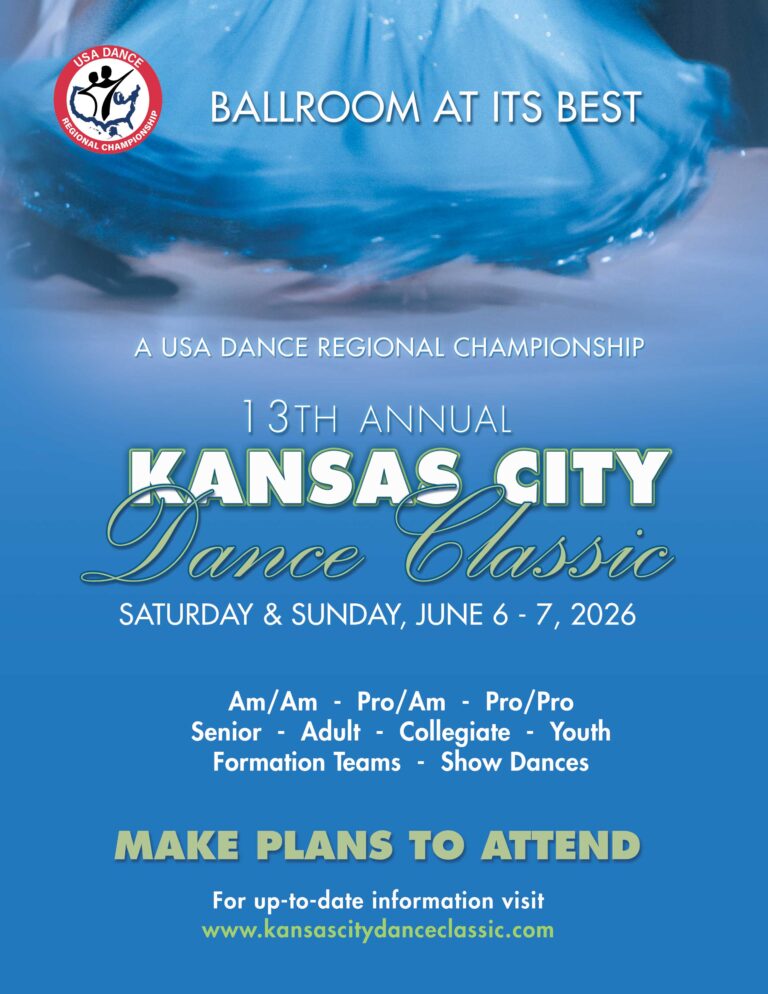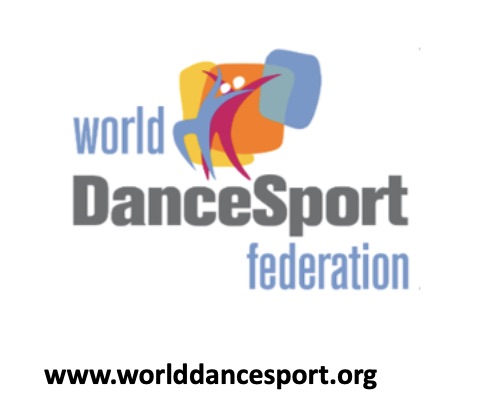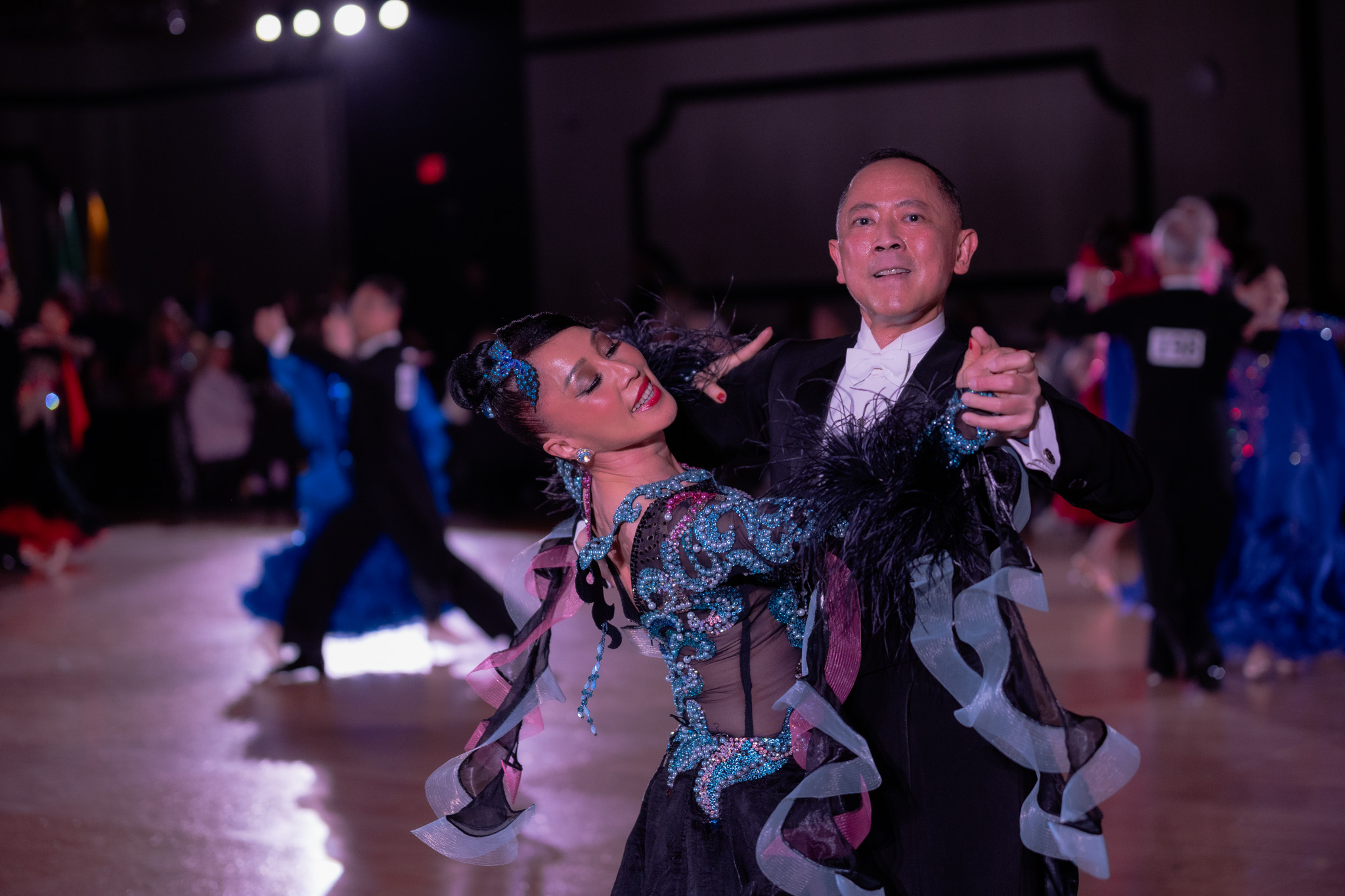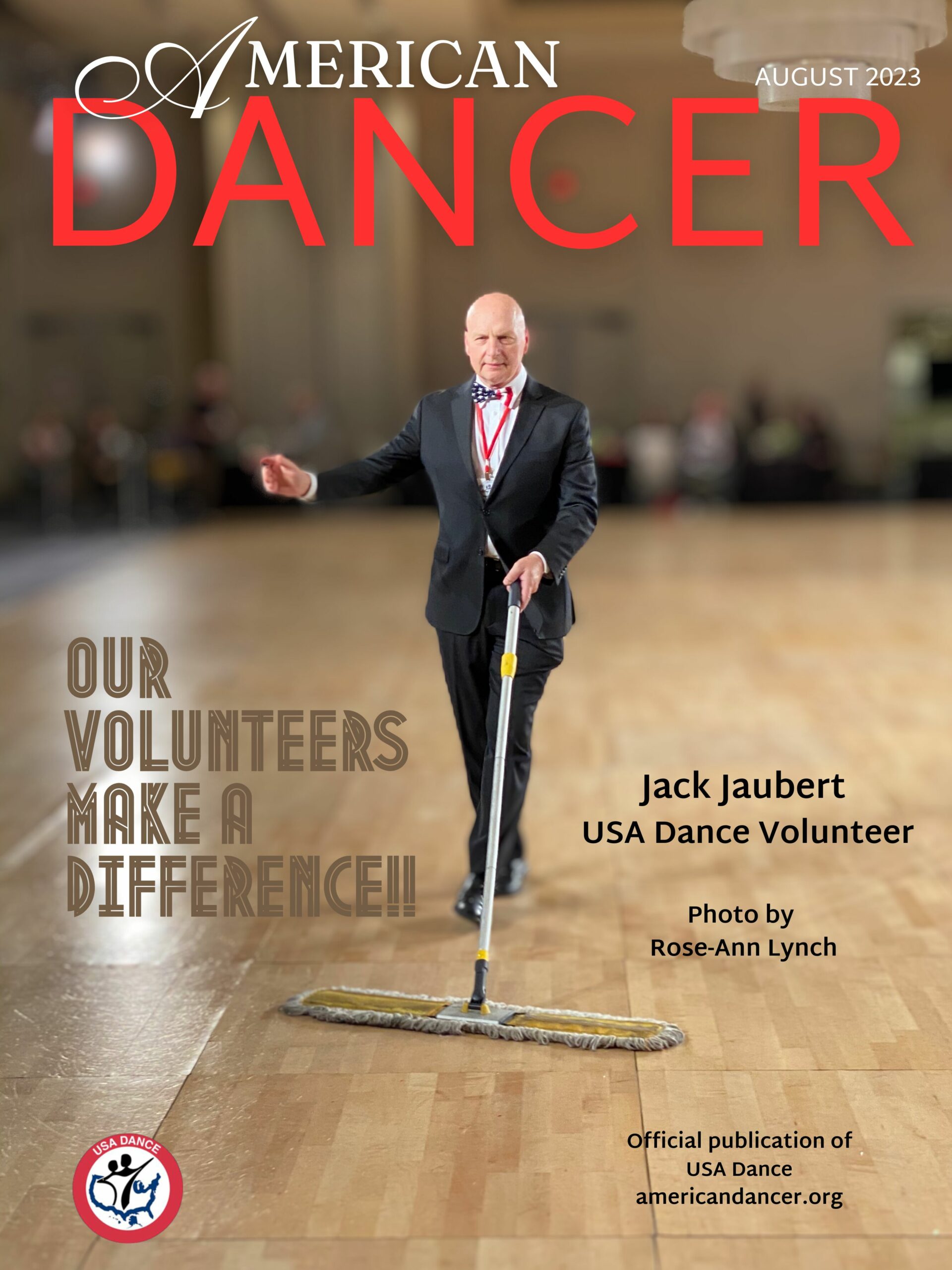You’ve likely heard that sports are great for teaching life skills, but have you ever thought about how to actually apply skills like discipline, leadership, emotional regulation, or conflict resolution to your life outside of sport? Maybe you’re great at showing up to practice on time and ready to play, but you’re consistently showing up to class late or with half-finished homework. Maybe you’ve learned how to help your team get over a hard loss on the soccer pitch, but you still struggle to cope with a bad test grade.
It can be hard to take lessons from sport and apply them to real life! But here, board-certified family physician and TrueSport Expert Deborah Gilboa, MD, shares a few ways to make the most out of the lessons learned as a student-athlete.
List the life skills that you want from sport
It’s tempting to think of sport as something we’re just doing for the wins, for the athletic scholarship, or for some kind of result-based reason. But beyond that, Gilboa recommends reflecting on what else you want to get out of your sport. Wins and scholarships aren’t guaranteed, but the life skills that you can cultivate if you make the effort can be developed regardless of a season’s outcome.
Do you want to improve as a leader? Do you want to develop more resilience in the face of challenges? Do you have a temper that you want to tame? Deciding on the foundational skills you want to hone through sport can change how you approach practices and competitions, and spark thoughts on how to use these skills in school, work, and relationships.
Ask yourself two questions regularly
Making connections between lessons learned on the field and how they would apply to the ‘real world’ isn’t easy or natural for anyone, says Gilboa. To get started, she suggests asking yourself two questions after practices and games: What did you learn? And how can you apply that lesson to other areas of your life?
She adds that you should do this both after a bad performance and after a great day of sport. “This is much more effective as a positive exercise, not one that focuses only on things that you’re doing wrong,” she explains.
Remember leadership can look different for everyone
Leadership is one of the most common skills athletes hope to gain through sport, but it’s important to recognize that leadership comes in many forms. “We tend to assume that a kid who’s extroverted or who talks a lot is a natural leader, but that’s not always true,” says Gilboa. “Leadership happens when things aren’t going well. It happens when you identify a problem on the team, call it out, and help come up with a solution, or come quietly alongside a teammate who’s struggling. Look beyond those standard examples of leadership when you think about how to improve that skill.”
Learning what leadership can look like in its different iterations isn’t just an important part of becoming a leader, it also helps you see where you can take on leadership roles or exhibit leadership in the rest of your life. And on a purely practical level, it also helps you see the small moments where you took on a leadership role that you can write about in college essays and talk about in job interviews.
Practice your communication skills and conflict resolution
In addition to improving leadership, sport can also help you improve your communication skills. Being on a team with other student-athletes who you may not be friends with outside of sport and having to regularly talk to adults like coaches and referees offers you constant opportunities to improve your ability to communicate clearly and with the right tone.
Every time you’re having a difficult or uncomfortable conversation on the team, you’re practicing communication skills. In those situations, Gilboa suggests doing a mini-debrief with yourself and asking how those skills could apply to other areas in your life. Asking a coach for some extra help could show you how to talk to that teacher you’ve been avoiding. Helping to resolve a conflict between two teammates might show you a new way to approach that argument you had with your best friend last weekend.
And Gilboa points out that the reverse is true: When facing a communication issue or a conflict in your sport, think back to other conflicts you’ve had with a friend or a parent that were similar. How could you use what you learned from those experiences and apply it to this situation?
Work on your emotional regulation
Gilboa’s favorite example of improving emotional regulation in sport is being able to take the ‘halftime approach’ during a game. If a game is going poorly in the first half, can you take a few minutes during halftime or between innings or rounds to mentally and physically do a ‘reset ritual’ that will allow you to essentially start over in the second half?
This strategy can be useful during any stressful moment, whether you’re taking the SATs, giving a speech, arguing with a friend, or having a bad day at your part-time job. “Think about other situations in your life where you feel like something started badly and is just snowballing—the ability to regulate your emotional response can make a big difference in how the situation resolves,” says Gilboa. The ability to do that quick reset and approach a situation with a clean slate is a great skill to learn, and it’s easy to practice within sport.
List your life lessons
As you go through a season and regularly reflect on what you learned and how these lessons and tactics could apply to other areas of life, it can be helpful to list these lessons in a journal or a note-taking app. This way, you can reference them later. You may find it helpful to revisit the lessons and conclusions that you’ve made when facing a difficult situation. And it might also be a useful reference when you’re in the process of writing a college essay or filling out a job application. Alternatively, consider talking to a parent or friend about these lessons and asking them to help you remember.
Takeaway
Sport can teach a lot of valuable life lessons and skills, from leadership to emotional regulation, but unless you’re actively working to apply those lessons to real life, they may get left on the playing field. You can make the most of your sport experience by regularly thinking about what you’ve learned on the field and how those lessons can apply elsewhere.

About TrueSport
TrueSport®, a movement powered by the experience and values of the U.S. Anti-Doping Agency, champions the positive values and life lessons learned through youth sport. Backed by U.S. Congressional mandate, TrueSport inspires athletes, coaches, parents, and administrators to change the culture of youth sport through active engagement and thoughtful curriculum based on cornerstone lessons of sportsmanship, character-building, and clean and healthy performance, while also creating leaders across communities through sport.
For more expert-driven articles and materials, visit TrueSport’s comprehensive collection of resources.
This content was reproduced in partnership with TrueSport. Any content copied or reproduced without TrueSport and the U.S. Anti-Doping Agency’s express written permission would be in violation of our copyright, and subject to legal recourse. To learn more or request permission to reproduce content, click here.

